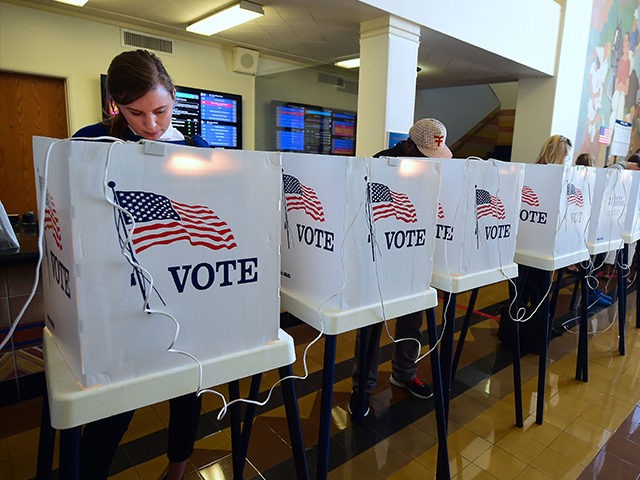Legislators in Washington are reportedly considering stricter regulation on Silicon Valley tech companies as digital advertising becomes a central part of American elections.
The Guardian reports that Washington legislators are becoming increasingly worried about the reach and power of Silicon Valley tech companies as digital advertising becomes a key tool in American elections. Approximately $1.4 billion was spent on digital advertising during the 2016 election, an increase of 789 percent over digital advertising spending in 2012. With the 2018 midterms on the way and the 2020 election not far off, political digital advertising is expected to play an even larger part in American politics. However, unlike radio, television, and print advertisements, digital advertising has very little regulation.
An example of the issues surrounding regulation of digital advertising was the recent revelation that Facebook sold $100,000 worth of political ads to Russian sources. According to Facebook’s chief security officer, Alex Stamos, “the ads and accounts appeared to focus on amplifying divisive social and political messages across the ideological spectrum — touching on topics from LGBT matters to race issues to immigration to gun rights.”
The steady growth and influence of these tech companies have become an issue for politicians on the left and right. Sen. Elizabeth Warren (D-MA) warned in a speech last year that digital media companies like Google and Amazon were “trying to snuff out competition.” Warren’s point became more poignant in August when a Google-funded think tank fired a member who praised anti-trust penalties placed on Google by the European Union.
Facebook and Google together account for 70-75% of political digital advertising sales.
Luther Lowe, vice president for public policy at Yelp and a vocal critic of Google, told the Guardian, “This is not standard monopoly abuse.” Lowe added, “When a dominant information firm abuses its monopoly, you get the same negative effects of reduced choice and higher prices as in other monopolies, but democracy and free speech are also undermined because these firms now control how information is accessed and how it flows.”
Lucas Nolan is a reporter for Breitbart News covering issues of free speech and online censorship. Follow him on Twitter @LucasNolan_ or email him at lnolan@breitbart.com.

COMMENTS
Please let us know if you're having issues with commenting.